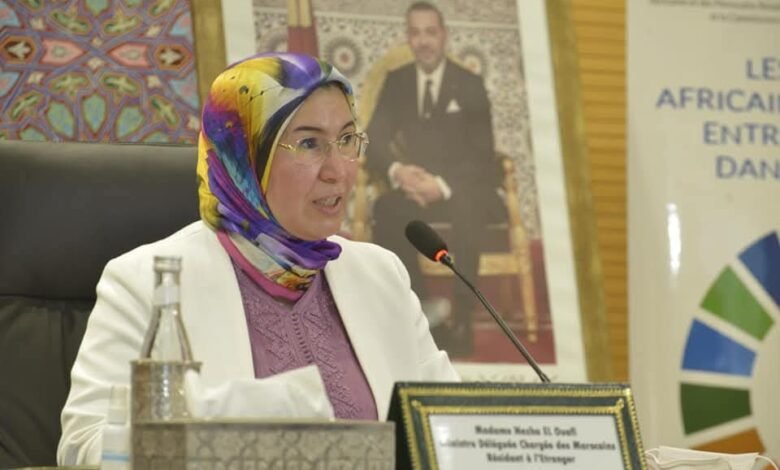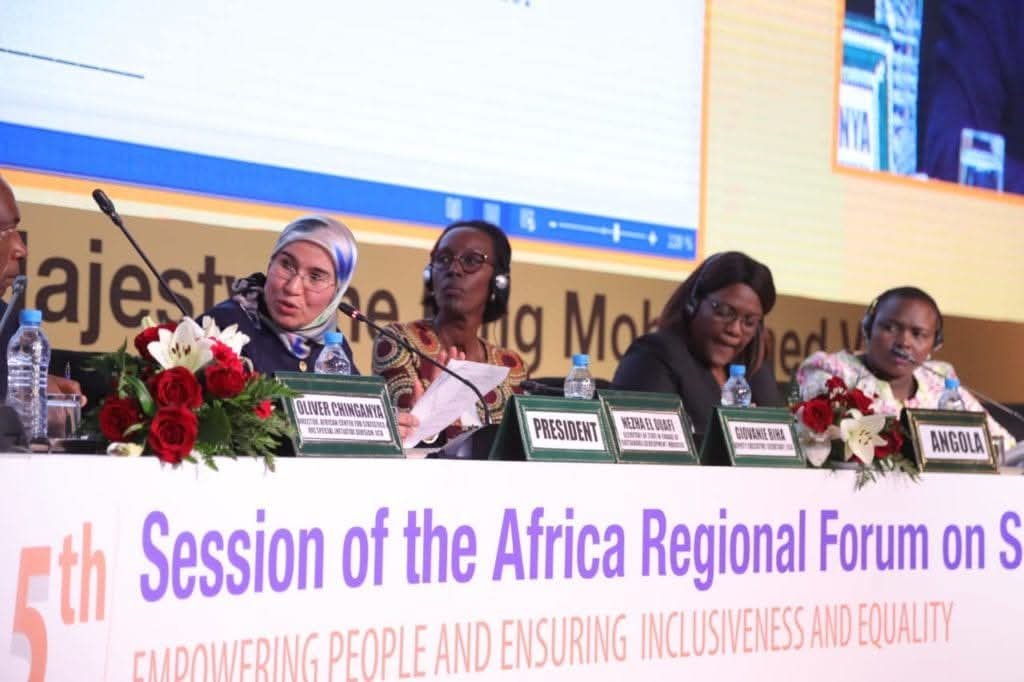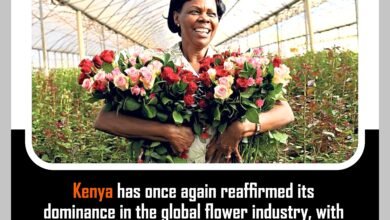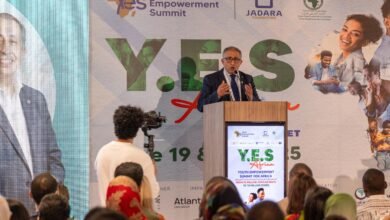Nezha El Ouafi: Environmental Collapse Is Morocco’s Deepest Strategic Risk

As Morocco faces one of the most complex and alarming environmental periods in its modern history, former minister Nezha El Ouafi has emerged as one of the country’s clearest and most urgent voices on this issue. In a series of articles and public statements recently published in ECO17, El Ouafi paints a striking picture of the country’s current ecological and climate degradation and offers a roadmap for what she calls a long-awaited and inevitable transformation.
“The cost of environmental degradation is no longer a theoretical concern,” she writes. “It is a very real national crisis, with direct consequences for our economy, food security, public health, and social cohesion.”

Morocco, El Ouafi asserts, faces environmental pressures on multiple levels: persistent drought, severe water shortages, soil erosion, a succession of extreme heat events, biodiversity problems, and desertification. These are not episodic disruptions, but systemic trends that now threaten the very viability of Moroccan agriculture and rural livelihoods, creating numerous adaptation challenges. “The signs are everywhere: degradation of pastures, drying of groundwater, reduction of forest cover, rising food prices, and weakening of livestock systems,” she writes.
The situation, she warns, has been exacerbated by a critical weakness in governance: the growing mismatch between national climate and sustainable development strategies, and the fragmentation and lack of resources deployed to implement them at the local and territorial levels. “The reality on the ground reflects a significant gap between planning and execution,” she states. “Solid national frameworks and plans exist, but their territorial deployment remains insufficient, slow, and poorly coordinated, and in some situations, questions of good governance arise.”
Despite Morocco’s reputation for progressive environmental diplomacy—hosting COP7 and COP22, pioneering solar initiatives, massive deployment of renewable energy, such as the Noor complex, a ban on plastic bags, and the enactment of laws on green energy, energy efficiency, and sustainable development—El Ouafi emphasizes that this external image masks deep internal weaknesses. “We have made real progress,” she acknowledges, “but without territorial and spatial equity, weak institutional and industrial integration, genuine public participation, and low youth employability, this progress will not be sustainable.”
According to a study cited by El Ouafi and cited in the ECO17 report, Morocco loses more than 3.5% of its GDP each year due to the cumulative effects of environmental degradation, or more than 30 billion dirhams per year. These losses are attributed to declining agricultural yields, damage to water and soil systems, growing health problems caused by pollution, and the deterioration of air quality and urban living.
“What’s more alarming,” she notes, “is that these figures are based on 2014 data. Today, the degradation is deeper, the costs higher, and the social consequences more immediate.”
One of the most immediate threats concerns food sovereignty. While more than 70% of Moroccan agriculture depends on rainfall, increasingly erratic weather patterns are destabilizing farming communities. “We are witnessing a collapse in the productivity of entire regions,” warns El Ouafi. “Our traditional agricultural systems and animal health structures are collapsing under the pressure of drought and rising temperatures.”
She emphasizes that this crisis is not only about environmental risks, but also about social and territorial justice. Vulnerable populations, particularly in rural and semi-rural areas, are disproportionately affected. “Environmental degradation reproduces inequalities,” she writes. “The most affected areas are often those furthest from power, investment, and services.”
Her criticism also focuses on the lack of institutional coordination. Many ministries, agencies, and local governments operate in silos, with overlapping mandates and unclear responsibilities. “Despite the existence of national strategies, we see little integration at the territorial level,” she writes. “There is a mismatch between the ambition of central policies and the resources and skills available locally to implement them.”
But El Ouafi goes beyond the diagnosis. She offers a detailed plan to transform environmental governance and Morocco’s green transition model. Among her key recommendations:
Democratize environmental policies by empowering civil society and local communities to monitor, evaluate, and co-design sustainable development programs.
Invest in local capacities, particularly in rural and provincial governments, so they can implement environmental initiatives effectively and autonomously.
Reduce territorial imbalances and the gap between the levels of development of the country’s various regions.
Link environmental action to territorial development, ensuring that sustainability is not just a national goal, but a local opportunity.
Support green entrepreneurship, particularly among young people, by facilitating financing, training, and inclusion in the renewable energy, water conservation, and circular economy sectors.
Promote environmental justice by ensuring that marginalized regions have priority access to green programs and infrastructure.
El Ouafi also emphasizes the importance of adopting reliable and available data and digital innovation in environmental planning. She calls for increased use of AI, environmental indicators, and regional observatories to guide public decision-making and assess long-term impacts on sustainability.
More importantly, she reiterates the idea that Morocco’s environmental future is inseparable from its development. “We must understand that sustainability is not a political category,” she writes. “It is a condition for national security, economic stability, and generational equity.”
Her analysis is not just a critique of the present; it is a call to completely rethink the national model. The green transition, she insists, is not a choice between ecology and growth, but the only viable foundation for Morocco’s long-term development and prosperity.
“The challenges are immense,” El Ouafi concedes, “but so are the opportunities—if we act with urgency, intelligence, and justice.”





